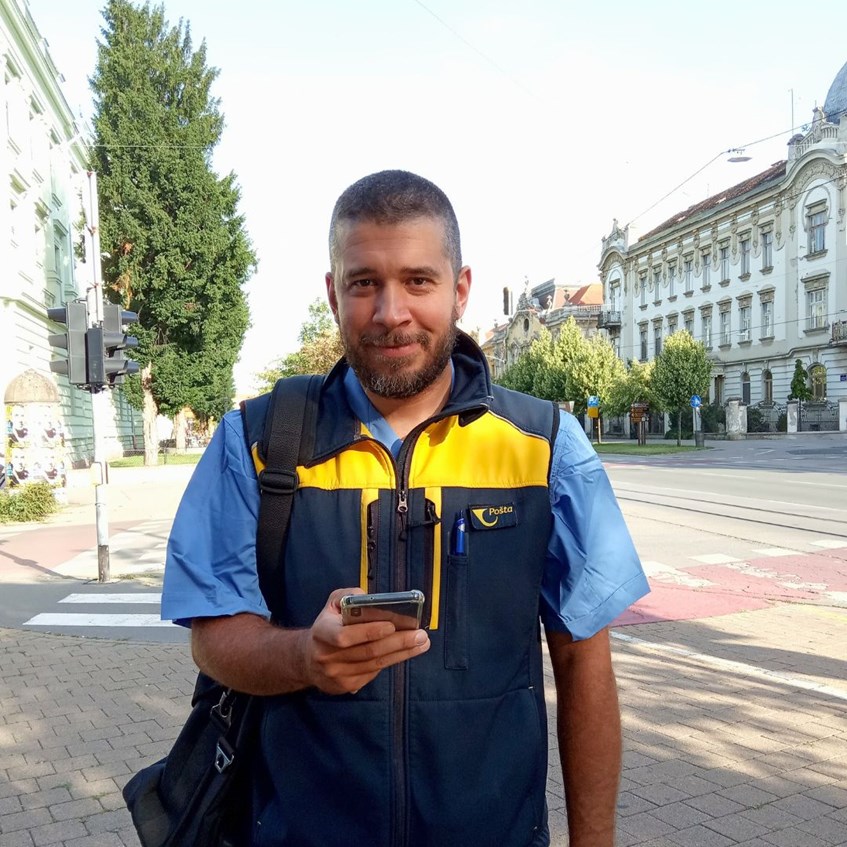Hrvatska pošta
Paket24
Saznaj sve što te zanima o usluzi brze, brze dostave
zutiklik.hr
www.zutiklik.hr - mjesto drukčije kupnje!
Moja pošta
Program vjernosti Moja pošta
epostshop.hr
Online kupnja svih filtelističkih proizvoda
web-brzojav.posta.hr
Pošaljite web brzojav online!
eRačun
Uz eRačun šaljite račune elektronički

Karijera u Pošti
S obzirom na to da većinu potrebnih radnih mjesta Hrvatska pošta popunjava iz svoje baze potencijalnih kandidata, svima koji žele postati dio velikoga poštanskog tima preporučujemo da predaju svoj životopis online
Saznajte višeAktualnosti
24.04.2024.
Privremeno se zatvara PU 35257 Lužani
24.04.2024.
Najljepšu marku izdvoji, vrijednu nagradu osvoji!
23.04.2024.
Poštanski uredi 23291 Sestrunj i 23292 Molat privremeno mijenjaju radno vrijeme
19.04.2024.
Markom protiv klimatskih promjena
19.04.2024.







